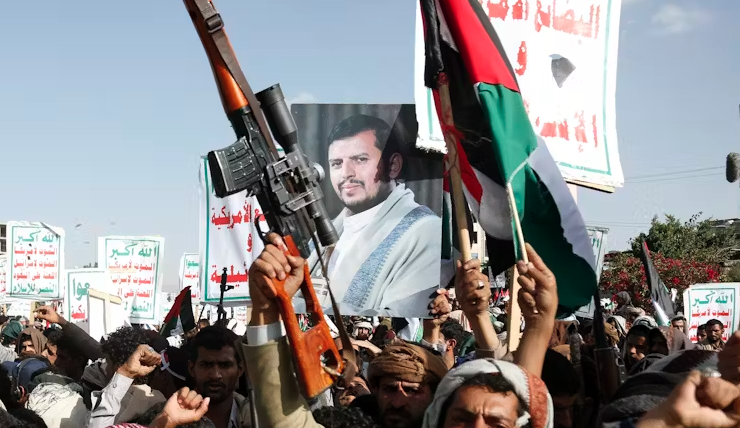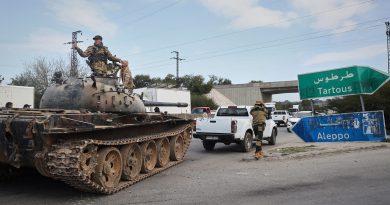Houthi Attack on Israel Threatens Airports from India to the West: UAE Analyst Amjad Taha
Abu Dhabi — Prominent Emirati political scientist and regional affairs commentator Amjad Taha expressed unambiguous support on Sunday for Israel’s right to retaliate following a deadly Houthi missile strike targeting an airport packed with civilians.
Calling the attack an act of terror that goes beyond borders, Taha emphasized the broader implications of the strike, which reportedly endangered the lives of thousands of innocent women and children of all backgrounds.
“Israel has every right to respond with full force against the Houthi terrorists of northern Yemen—cowards who targeted an airport packed with thousands of innocent women and children of all faiths and backgrounds,” Taha said. “This was not just an attack on Israel; it was an attack on every airport from London to New York to Mumbai.”
His remarks, shared via social media underline a growing sense of urgency among regional analysts over the expanding reach of Iran-backed militant networks—from Gaza to Yemen.
Taha, known for his outspoken criticism of Iran’s proxies and the Muslim Brotherhood, continued: “You don’t negotiate with Muslim Brotherhood terrorists in Gaza or Iran’s proxies in Yemen, you eliminate them. Free your hostages. Crush your enemies. And show the civilised world that hell awaits those who wage war on humanity so the righteous may live in peace.”
His message echoes concerns voiced by Western and Gulf-aligned governments that see the Houthis’ involvement in cross-border attacks as a dangerous escalation of regional conflict, threatening both regional stability and international air safety.
Analysts note that Taha’s rhetoric, while blunt, reflects a hardening stance across parts of the Middle East against non-state actors emboldened by state sponsorship. His reference to hostages and broader regional threats comes amid heightened tensions in Gaza and increasing concerns over maritime and aerial security in the Red Sea corridor.
Though controversial, Taha’s position is likely to resonate with those advocating for a more aggressive posture toward militant groups that leverage international chaos to gain influence. It also aligns with broader efforts in the region to redefine alliances based on shared security threats, rather than historical rivalries.
As the international community weighs its response to the latest escalation, voices like Taha’s continue to shape the debate—calling for a clear stand against what he describes as “those who wage war on humanity.”



